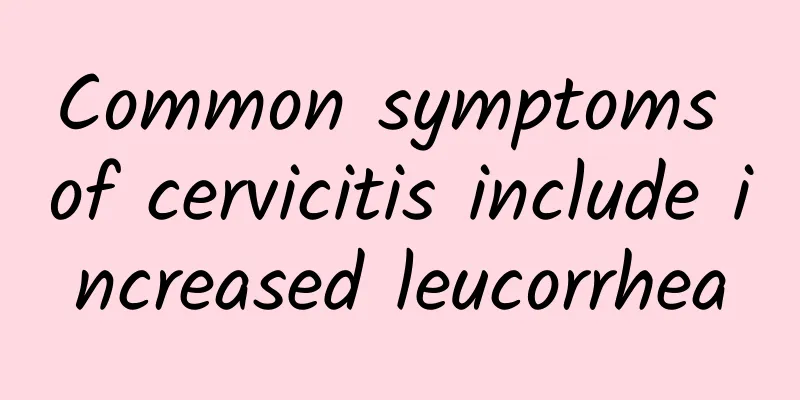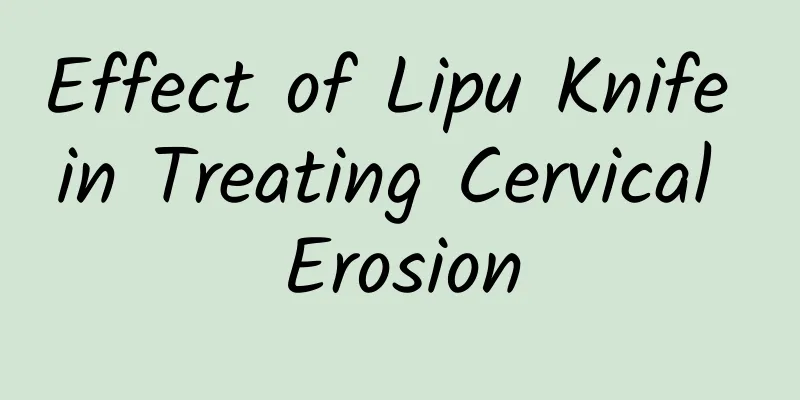What is perimenopause

|
Perimenopause is an important phase in a woman's life that marks the gradual transition from the reproductive years to menopause. During this phase, a woman's ovarian function begins to decline, causing estrogen and progesterone levels to fluctuate. This hormonal shift can cause a range of physical and emotional changes, such as irregular periods, hot flashes, sleep problems, and mood swings. Perimenopause usually occurs between the ages of 40 and 50, but the exact timing and experience may be different for each person. Symptoms of perimenopause vary and may affect women's daily lives. For example, hot flashes are one of the most common symptoms, usually manifested as sudden feelings of heat and sweating, especially at night. Menstrual cycles may become irregular, and sometimes there will be more or less menstrual flow. Sleep problems are also common, and many women find it difficult to fall asleep or wake up easily. Mood changes should not be ignored. Mood swings such as irritability, anxiety, or depression may become more frequent. Although perimenopausal symptoms can be uncomfortable, there are ways to help ease them. Maintaining a healthy lifestyle is key, such as eating a balanced diet, exercising regularly, and getting enough sleep. Eat a diet high in foods rich in calcium and vitamin D to help maintain bone health. Exercise not only helps with weight management, but it can also help improve mood and promote sleep. For symptoms like hot flashes, wearing lightweight clothing, keeping the room cool, and avoiding irritating foods and drinks may also help. If perimenopausal symptoms are seriously affecting your quality of life, it is a good idea to consult a doctor. The doctor may recommend hormone replacement therapy or other medications to help control symptoms. However, these treatments may also have some side effects, so they need to be used with caution under the guidance of a doctor. Psychological support and counseling can also help women better cope with the emotional challenges of perimenopause. Perimenopause is a natural stage in a woman's life. Although it may bring some challenges, it is also an opportunity to re-examine and adjust your lifestyle. By adopting an active lifestyle and seeking professional help, women can better survive this transition and welcome a new stage of life. I hope this information can help you and give you a clearer understanding of perimenopause. |
<<: What are the types of menstrual hemostatic drugs?
>>: What fruits can I eat for dysmenorrhea
Recommend
What are the key points to pay attention to after abortion?
Abortion surgery is very harmful to female compat...
What are the symptoms of irregular menstruation in girls? You can drink these two kinds of tea for irregular menstruation in adolescence
Symptoms of irregular menstruation in girls may o...
Is it possible for hyperprolactinemia to recur?
According to experts, hyperprolactinemia is a rel...
How to detect bacterial vaginosis accurately
Nowadays, medical technology has improved. If a f...
What should you pay attention to in preventing threatened abortion?
The harm of threatened abortion is so great. What...
There is a consensus! Junk food promotion to children will be banned
High-salt, high-calorie foods are nicknamed "...
Treatment principles for functional uterine bleeding
The treatment principles for functional uterine b...
Pregnant mothers' early diet should avoid greasy and irritating foods
In the early stages of pregnancy, expectant mothe...
Menstruation delayed for half a month
Menstruation delayed for half a month A delay of ...
What is the reason for missing menstruation? Four reasons need to be paid attention to
In life, when people face the situation of delaye...
What causes adenomyosis and how to treat it
Adenomyosis is a common gynecological disease. Th...
Will Bartholinitis affect life expectancy?
Bartholinitis is a problem that many women have e...
Note to female friends: What are the symptoms of adnexitis?
Ladies, do you know the symptoms of adnexitis? Wh...
What are the symptoms of Trichomonas vaginitis?
What are the symptoms of Trichomonas vaginitis? T...
Are uterine polyps the same as uterine fibroids?
Nowadays, there are more and more diseases that m...









